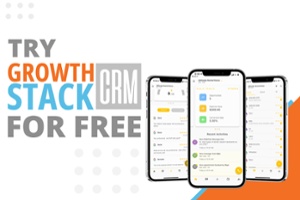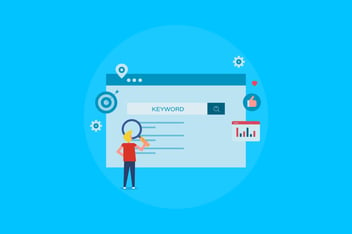Components Of On-Page SEO
In a nutshell, On-Page SEO is simply the practice of optimizing your web copy and onsite page descriptions in order to gain higher rankings in popular search engine results. Search engines automatically index your site via robots, and the more often various words and phrases are used on your site, the higher your site is likely to rank for these terms overall. There are a few basic components when it comes to mastering the overall feel for On-Page SEO best practices in general.
What makes up on-page SEO?
There are three main facets that make up on-page SEO. They are all equally important.
-
Keywords: These are the specific words and phrases relevant to your site and its purpose that you will want to narrow down. In some industries, large, well-known companies already dominate search engine rankings for some of the most popular terms, so you might need to take a slightly different approach here. If you find yourself in this situation - wherein your best keywords are likely to do you little good from an SEO standpoint against better-established competitors - simply use only one or two of these terms. Concentrate on optimizing your search engine rankings for somewhat less popular (but still relevant and frequently searched) keywords and phrases in order to establish a strong online identity of your own.
-
Content: As mentioned above, search engine indexing robots crawl through web content automatically. They assign more weight to the sites that use certain words and phrases most often. Always make sure you insert one of your chosen SEO keywords into any of your web copy whenever it sounds natural and normal in context for best results. Remember that the more prominently these terms are used, the more weight they are assigned. For instance, more weight is given to terms that are used in headings, sub-headings, page titles/descriptions, and image descriptions than in ordinary web copy.
-
Navigation: Writing your page descriptions can be a great way to boost your SEO value for your favorite keywords very easily. Let's say that your company makes widgets, with the name of your product being one of your preferred keywords. When writing your description for an "About Us" page, for example, you could go with something like "About XYZ Company: How We Started Making The World's Best Widgets!" This uses your chosen keyword in a positive setting with a natural tone, making it far more likely that a potential customer will be likely to find your page among the jumble of online options.
Does my Business Website Need On-Page SEO?
In a word: YES! On-Page SEO is a vital asset to your website or blog. Couple it with Off-Page SEO for even better results with potential visitors or customers, and search engines. To learn more about SEO, Keywords, and better Navigation, download our free internet marketing eBook,







